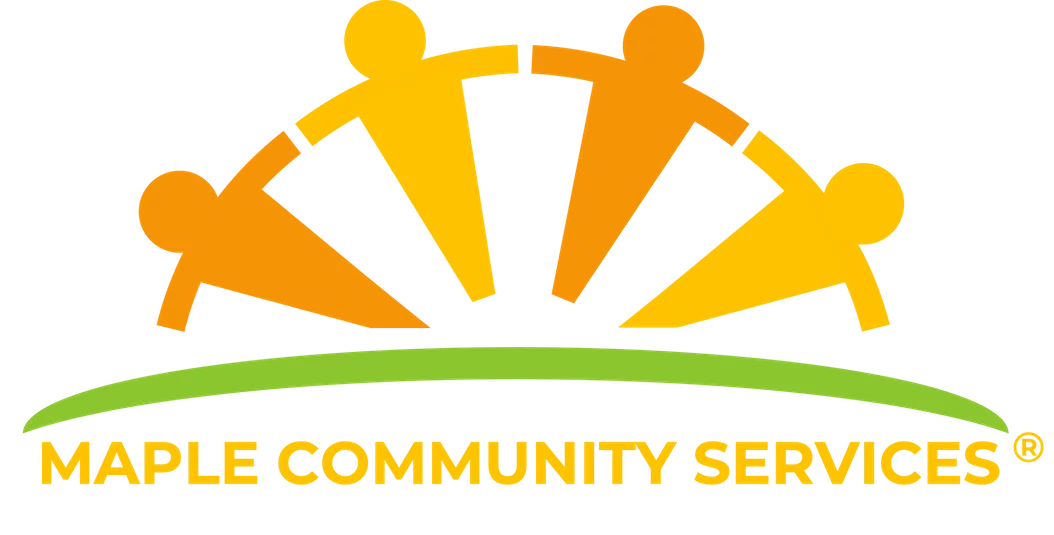NDIS Early Intervention: What You Need to Know
It is often said that children are our greatest asset and the best hope for our future. This is true whether or not a child experiences a disability or delays in their development. But for these children, having the support they need to function at their best is their greatest asset and hope for the future.
The National Disability Insurance Scheme (NDIS) has an Early Intervention program to minimise the negative impacts of disability for their participants, including the valuable assistance of NDIS plan management and NDIS accommodation providers. When the need for intervention is identified at an early stage, supports for people with disabilities can reduce the future burden of their disability by addressing issues before they worsen.
Whether you or your loved one live with a disability or you are just looking to learn more about the programs available to people who live with a disability, the NDIS Early Intervention program has a lot to offer. Make sure you know what it means to provide Early Intervention and how it can make a difference in your life or the life of a loved one.
What is NDIS Early Intervention?
The NDIS normally provides funding to people with disabilities to pursue their goals and live more fully. Among the supports administered by the NDIS, Early Intervention is a specialised programme that is available to both adults and children who meet their requirements. The aim of Early Intervention is to have a positive impact on a person’s well-being as early as possible which ideally will also reduce their future need for additional support.
When a person with a disability is assessed and their disability is considered to be or likely to be permanent, Early Intervention ensures they have the resources they need to minimise progression of their disability and access the services and supports that will help them live as independently as possible.
When the person with a disability is a child and under 7 years of age, the Early Intervention is considered Early Childhood Early Intervention (ECEI). This is usually aimed at helping them meet developmental milestones and personal goals that will improve their functionality in multiple arenas in the present as well as later in life. The supports utilised in children may differ from the supports available to adults in the NDIS.
Who is eligible for Early Intervention?
A person is eligible for Early Intervention if they meet the following requirements:
- has one or more identified intellectual, cognitive, neurological, sensory, or physical impairments that are, or are likely to be, permanent; or
- has one or more identified impairments that are attributable to a psychiatric condition that are, or are likely to be, permanent; or
- is a child who has developmental delay; and
- the NDIA is satisfied that provision of early intervention supports is likely to benefit the person by:
- the NDIA is satisfied that provision of early intervention supports is likely to benefit the person by:
- mitigating or alleviating the impact of the person’s impairment upon their functional capacity to undertake communication, social interaction, learning, mobility, self-care or self-management; or
- preventing the deterioration of such functional capacity; or
- improving such functional capacity; or
- strengthening the sustainability of informal supports available to the person, including through building the capacity of the person’s carer; and
- the NDIA is satisfied that early intervention support for the person is most appropriately funded or provided through the NDIS.
In certain circumstances, a person with a degenerative condition could meet the early intervention requirements and become a participant in the NDIS.
For all children under 7 years of age, the NDIA will consider whether the child meets the early intervention requirements before considering their disability requirements.
What does Early Intervention include?
Early Intervention can take different forms including in-home programmes, school or workplace interventions, or ongoing therapy and support for the participant or those who care for them. Some examples of the forms that Early Intervention takes include:
- Speech therapy.
- Physical therapy.
- Occupational therapy.
- Psychological services and counselling.
- Sensory integration therapy.
- Dietary approaches.
- Alternative learning methods.
- Medication.
While this list is not exhaustive, these are many of the tools implemented in order to ensure the effectiveness of Early Interventions and improve the quality of life, development, and growth of the participants.

Why is Early Intervention important?
Early Intervention is important because it helps to reduce the burden of an individual’s limitations due to their disability in the present and future. By addressing identifiable deficits in a person’s functionality before they become debilitating and subsequently addressing them, they can live longer and fuller lives. The tools used in Early Intervention help to ensure that participants can live more independently than if their disability is allowed to progress unchecked. Research has shown that providing Early Intervention improves outcomes for children with developmental delays or at risk for future disability.
What is ECEI?
Early Childhood Early Intervention is an essential component of the NDIS‘ Early Intervention initiatives. By enabling active interventions before limitations due to developmental delays or disability have a severe impact on a child’s functions, ECEI enables them to participate more fully in activities for the rest of their life. From the perspective of the NDIS, developmental delay means a delay in the development of a child under 6 years of age that meets all of the following criteria:
- The developmental delay is attributable to a mental or physical impairment or a combination of mental and physical impairments.
- An impairment is a problem in body function such as physiology or body structure (anatomy) and includes mental functions such as language and cognitive development.
- When assessing children, problems in body function and body structure can also be inferred from what a child does in activities during play and daily tasks, compared to other children of the same age.
- For very young children, where problems in body function and body structure cannot be easily measured, a delay in a child’s development attributable to an impairment can be inferred where there is a significant risk of a future disability diagnosis or developmental delay evidenced by the judgement or informed clinical opinion of a health or allied health professional.
- The developmental delay results in substantial reduction in functional capacity in one or more of the following areas of major life activity:
- Self care.
- Everyday activities in self-care can include taking care of yourself and participating in: showering, bathing, dressing, eating, drinking, toileting, grooming, and sleeping.
- Receptive and expressive language.
- This includes participation in everyday activities that include receptive and/or expressive language, involving skills such as gesture, sign language, listening, giving and receiving information, communicating wants and needs through facial expressions, vocalisations or speech and interaction with others. A substantial reduction in functional capacity for either receptive or expressive language will suffice, it does not need to be both.
- Cognitive development.
- This involves participation in everyday activities that include learning and applying knowledge, in areas such as: understanding and remembering information, attention, learning new things, practising and using new skills, planning and making decisions, problem solving, developing pretend play skills, developing play interests, emotional and sensory regulation, developing emotional intelligence, social awareness and safety awareness.
- Motor development.
- This includes participation in everyday activities like moving around the home and community and manipulating objects.
- Self care.
The NDIA evaluates whether a child will be best helped through participation in their NDIS ECEI program or can be better served through another institution before deciding if they are eligible.
What is an Early Childhood Partner in the NDIS?
An Early Childhood Partner in the NDIS is a service or support provider that works with children who have disabilities or developmental delays. They are not a part of the NDIS, but they register with the NDIS in order to provide their services to participants who need them. Maple Community Services is an example of an Early Childhood Partner and can also connect you to other Early Childhood Partners as needed to meet your child’s needs.



